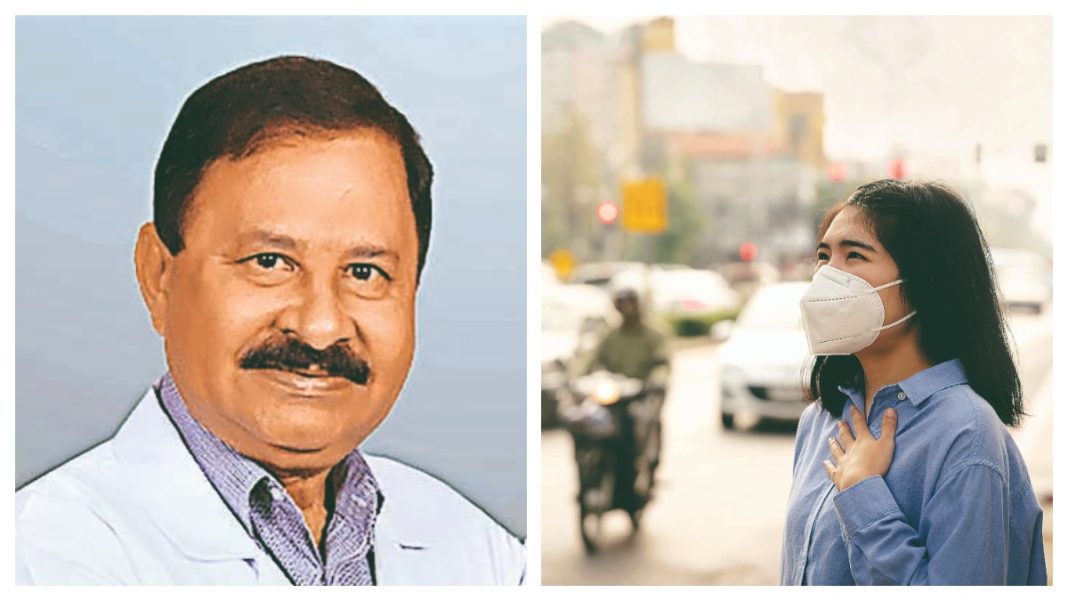Pollution’s Hidden Damage: Eyes, Skin and Hair at Risk
Beyond respiratory problems, air pollution poses serious threats to your eyes, skin, and hair, according to medical experts. Major metropolitan areas with dense populations are experiencing these effects alongside winter health issues.
Key Takeaways
- Pollution causes dry, irritated eyes and increases infection risk
- Skin suffers oxidative stress leading to wrinkles, pigmentation and acne
- Hair becomes brittle with increased hair fall and scalp irritation
- Protection requires physical barriers and proper cleansing routines
How Pollution Affects Your Body
Dr DM Mahajan, senior consultant, dermatology, Indraprastha Apollo Hospitals, explains: “Air pollution is harsh on the eyes, skin, and hair. It can make the eyes dry, red, irritated, and watery due to contact with particulate matter and chemical irritants, sometimes leading to a higher risk of eye infections or allergies. The skin suffers oxidative stress as pollution particles cause inflammation, pigmentation, premature wrinkles, acne, eczema, and worsen pre-existing conditions like dermatitis. Hair health declines with pollutant build-up on the scalp and strands, leading to more hair fall, brittleness, and scalp irritation or flakiness-especially during pollution peaks.”
Protective Measures That Work
Prevention strategies include:
- Minimizing outdoor activities during high pollution days
- Using sunglasses and head coverings as physical barriers
- Regular cleansing with antioxidant-rich products
- Applying broad-spectrum sunscreens for added protection
- Using artificial tears and compresses for eye irritation
Healthy dietary habits featuring antioxidant-rich foods, proper hydration, and vitamin support can further reduce damage risks. Routinely checking air quality before going outside helps maintain these protective habits.
The Truth About Immunity Boosters
Supplements including vitamins C, D, zinc, and herbs like turmeric can help the body fight inflammation and oxidative stress from pollution. However, their effectiveness is supportive rather than preventive. These do not replace fundamental protective measures against pollution exposure itself.
The best defense remains limiting exposure and supporting health with complete routines, not relying solely on so-called immunity-boosting products. Diet, physical protection, and lifestyle practices are vital for truly minimizing risks from poor air quality.
Jaggery Lung Cleansing: Fact or Myth?
The idea that eating jaggery will ‘clean’ your lungs from pollution is scientifically unsupported. While jaggery offers antioxidants and minerals that can slightly help manage oxidative stress, it does not physically remove pollution particles or detoxify lung tissue.
Actual respiratory protection requires avoiding polluted environments, using masks, and prioritizing time in clean air rather than depending on dietary remedies. Jaggery as a lung cleanser is largely a myth and should not be used as a primary safeguard against air pollution.




